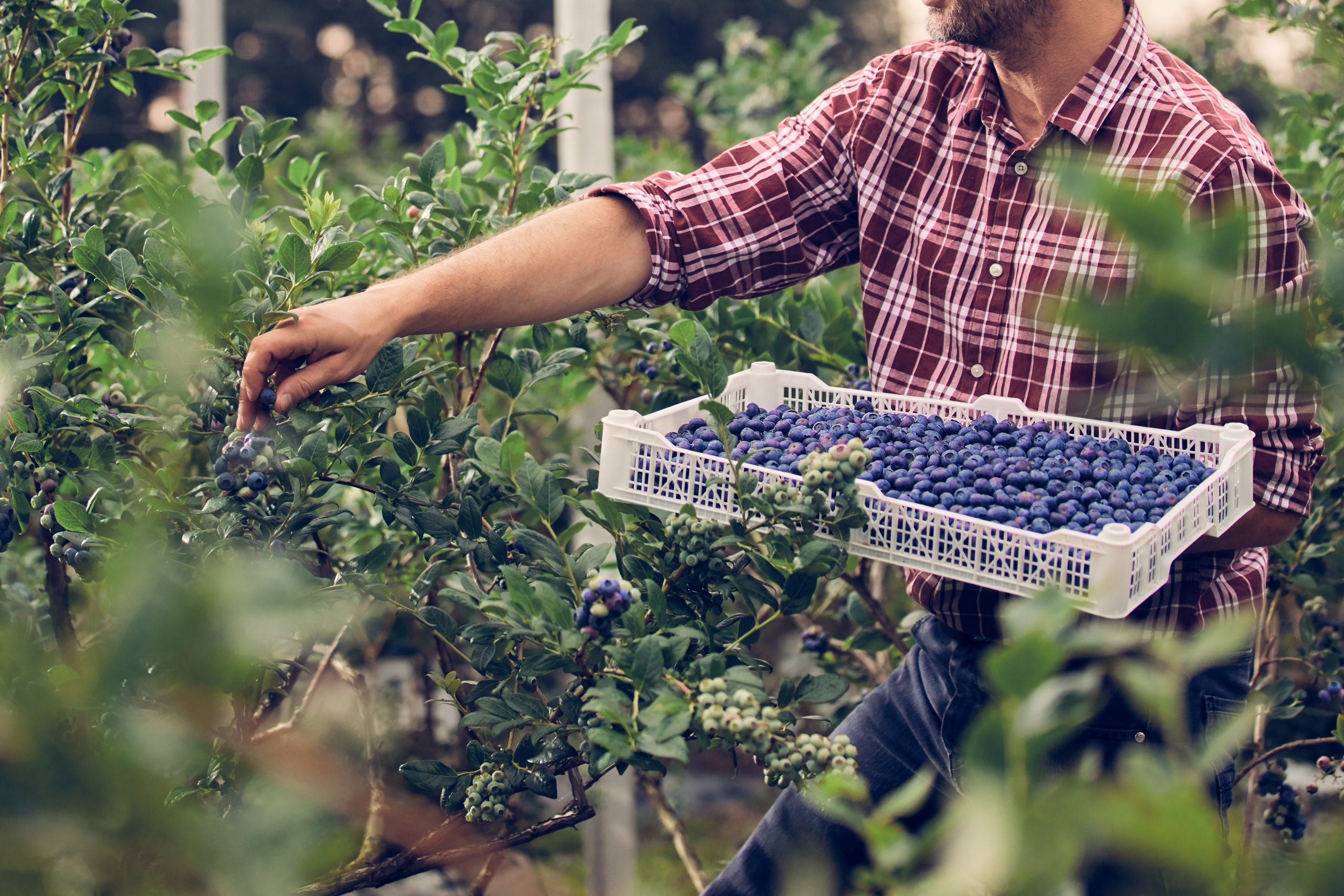Driscoll’s boosts proprietary blueberry plantings in Chile, Peru
California-based multinational Driscoll’s is set to have finished planting more than 500 hectares of proprietary blueberry varieties in South America by the end of 2016, according to a company representative.
Speaking to www.freshfruitportal.com, general manager for South America, Brie Reiter Smith, said planting of the varieties began three years ago in Chile and Peru and the first exports were carried out two years ago.
“At the end of this year in South America we’ll have over 500 hectares planted of a range of different varieties,” she said.
“That makes it really exciting because we’re going to start getting some really interesting differentiated product in the market out of Chile and Peru.”
She said there were around dozen varieties being planted with integrated growers, adding the varieties were being well-received by growers and consumers alike due to their firmness and high productivity.
Driscoll’s has its own Southern and Northern Highbush breeding programs and also holds the rights in the Americas to grow varieties developed by Australia-based Costa Group.
Reiter Smith said Costa had some ‘excellent varieties’ that were showing ‘a lot of promise’ in Chile.
The company is planting three varieties from the Costa program, three from its Northern Highbush program, and several from its Southern Highbush program, she said.
More than 1,000 metric tons (MT) of proprietary varieties are likely to be exported from South America this season.
“That will be a meaningful percentage, about 20% of the volume we expect out of South America,” she said.
In terms of markets, the representative said at present around 90% of Driscoll’s South American blueberry volume – from Peru, Chile and Argentina – was split evenly between the U.S. and Europe, with the rest going to Asia.
Just five years ago, however, around 80% was being shipped to the U.S.
“We have some really exciting growth in Europe. Within the last decade or so we have been much more intentional about developing that market,” she said.
“As for Asia we’ve recently decided to be really intentional about that, too – we opened an office in Shanghai and we have people on the ground. We have the full berry patch in parts of Asia, similar to what we do in the US and Europe, with all four berries available year-round.
“We’re really investing in these new markets, and South America’s getting the benefit from that investment.”





